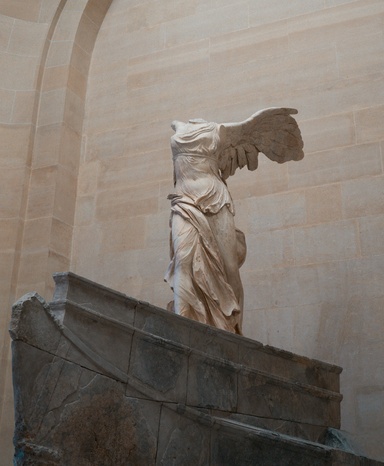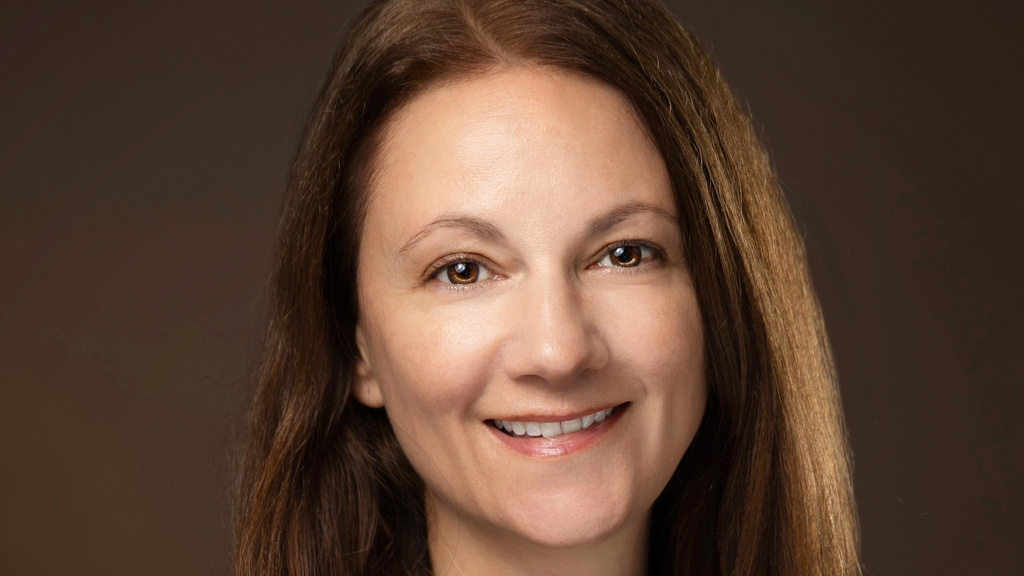Logo

New Lenses
Inspiration & exchange across the disciplines
The Wide Lens series aims to inspire and connect the University of Iowa community across the disciplines.
For each Wide Lens event, researchers, scholars, and artists from across the university briefly present their work on a shared topic of interest PechaKucha–style. Then, we open the floor to questions and conviviality over hors d'oeuvres and drinks.
Series events are free and open to all.
Upcoming Wide Lens Event:
Conflict and Resolution

Wednesday, May 6, 2026
4:00-5:30 p.m.
Stark Opera Studio, Voxman Music Building
Presenters:
- Stephanie DiPietro, Sociology & Criminology: Only the Dead Have Seen the End of War: Life Course Legacies of Conflict
- Meenakshi Gigi Durham, School of Journalism and Mass Communication: Little Fires Everywhere: Feminist Scholarship as a Bridge to Conflict Resolution
- Andrew A. Forbes, Biology: How to Succeed When Predators Are Everywhere
- Johanna Kasimow, Theatre Arts: Staging Conflict
- Elizabeth Menninga, Political Science: Building Trust in the Shadow of War
- Allison Rowe, College of Education: Just Crushing: Civic Discourse Through Collaborative Destruction
Catered reception to follow. Co-sponsored by the Office of the Vice President for Research.
Presenters

Stephanie DiPietro
Dr. DiPietro’s research and teaching interests center on life course criminology, criminal desistance, and patterns of adaptation (and maladaptation) among immigrant and refugee groups, with a particular focus on violence and delinquency. Recently, Dr. DiPietro has been engaged in an ethnographic study of Bosnian refugees and nationals who experienced the Bosnian war and genocide (1992-1995) in early childhood. The focus of this cross-national study is on sources of risk and resilience in behavioral trajectories over the life course among youth exposed to war, with a particular emphasis on the cognitive framing of traumatic events and changing family and community dynamics in the wake of social crises.
She is the co-recipient of the 2011 W.E.B. Du Bois Fellowship from the National Institute of Justice for her research on the relationships among race-ethnicity, immigrant status, marriage, and offending as well as the recipient of a 2013–2014 J. William Fulbright Award for her research on family and community dynamics and criminal trajectories in post-war Bosnia- Herzegovina. Her work appears in Criminology, Social Forces, Sociology of Education, Journal of Research on Crime and Delinquency, Justice Quarterly, The Sociological Quarterly, and The Annals of the American Academy of Political and Social Science.

Johanna Kasimow
Johanna Kasimow is an Iowa City-based director, writer, and performer in the field of theater and performance. Her recent creative research focuses on the interplay of clown and affect in performance in a new play titled The Grüb, which probes the sensations of hiding, trans-generational inheritance, and the rhythms of survival in an underground pit. Johanna has worked with artists and companies across the US, including Pig Iron Theatre Company, The Eva Steinmetz Project, Antigravity Performance Project, and Tiny Circus. Recently, Johanna premiered City in Heat, a site-specific live cinema performance piece, as part of the Open Air Media Festival at Public Space One in Iowa City. Johanna’s teaching and research has focused on clown and mask, civic and social practice art, community-based theatre, theatre of the climate crisis, and contemporary performance.

Meenakshi Gigi Durham
Meenakshi Gigi Durham is a distinguished scholar, teacher, and writer whose work centers on media and the politics of the body. Her research emphasizes issues of gender, sexuality, race, youth cultures, and sexual violence. She holds a joint appointment in the School of Journalism and Mass Communication and Gender, Women's & Sexuality Studies and was Associate Dean for Outreach and Engagement in The College of Liberal Arts and Sciences from 2017-2019. She began serving as the University’s faculty ombudsperson in 2021.
Durham is the 2023 recipient of the Michael J. Brody Award for Faculty Excellence in Service and the 2019 recipient of the University of Iowa’s May Brodbeck Distinguished Achievement Award for Faculty. She also received the campus-wide 2017 President and Provost Teaching Excellence Award, the University of Iowa’s highest award for teaching.
She was named a CLAS Collegiate Scholar in 2012. She is also the recipient of a Faculty Scholar Award from The University of Iowa. She was the 2014 recipient of the International Communication Association's Teresa Award, the Feminist Scholarship Division's highest award for achievement in research.

Elizabeth Menninga
Dr. Menninga's primary substantive research agenda focuses on the effectiveness of international mediation and diplomatic intervention in intrastate wars. Other current projects explore the evolution of cooperation between combatants in civil wars. Methodologically, her research develops and applies social network techniques to the study of international conflict. She teaches undergraduate and graduate courses in international relations and research methodology.

Andrew A. Forbes
Dr. Forbes is interested in the origins and maintenance of insect diversity, with a focus on plant-feeding and parasitic insects. These organisms constitute the vast majority of animal species on Earth, but most tend to be small, relatively anonymous, and specialists on just one host species, and are therefore grossly understudied. He integrates traditional ecological experimentation with molecular genetic techniques and evolutionary theory to investigate the evolution of these charismatic but under-appreciated taxa.
He directs the Forbes Lab, whose research has been featured in Popular Science, The New York Times (twice), Science, The Independent (UK), New Scientist, IFLScience, Fox News, Smithsonian Magazine, The Atlantic, NPR's Weekend Edition (audio), and the Short Wave podcast.

Allison Rowe
Allison V. Rowe is currently an Assistant Professor of Art Education and the Program Coordinator for the Art Education program. Rowe has taught art and art education for over fifteen years in formal and community organizations including Centennial College, Youth Arts Exchange, the Dovercourt Boys & Girls Club, and the Aga Khan Museum. Rowe earned her PhD from the University of Illinois in Art Education at Urbana Champaign in 2021 and her MFA in Social Practice from California College of the Arts in 2011. She is a practicing artist and has shown her work across the United States and Canada at spaces such as the Powerplant Contemporary Art Gallery Toronto, ON, Outhaus, Urbana, IL, NURTUREart in Brooklyn, NY, and La Centrale in Montreal, QC.. Her research interests include community-engaged art education, arts-based research, socially engaged art, and art integration.